The Federal Motor Carrier Safety Administration (FMSCA) is the governing body when it comes to the trucking industry. All new motor carriers must undergo a safety audit within the first 12 months of their operations to complete the New Entrant Program, per the FMCSA’s website.
Below are the 14 violations that will result in an IMMEDIATE failure of the New Entrant Program safety audit and a brief explanation. Don’t worry, Truckers Bookkeeping Service has compliance packages available to help.
The 14 violations are:
1. Failing to implement an alcohol and/or controlled substances testing program.
To ensure the safety of all motorists on the road, drivers need to be tested regularly for alcohol and controlled substances.
2. Failing to implement a random controlled substance testing program.
Regular testing is different from random testing. Implementing a random controlled substance testing program ensures drivers are not under the influence and cannot plan around the regularly scheduled testing.
3. Driving or using a driver with a blood alcohol content of 0.04 or greater.
No one is allowed to drive under the influence of alcohol, and truck drivers are no exception.
4. Using a driver who has refused to submit to an alcohol or controlled substances test.
Drivers need to be safe and trustworthy. If a driver refuses to take an alcohol or controlled substances test, there is no way to know for sure that they are safe to drive.
5. Using a driver known to have tested positive for a controlled substance.
Driving a truck is a huge responsibility and drivers should never be under the influence of controlled substances. If you use a driver you know has tested positive, you are endangering all the other motorists on the road.
6. Driving or using a driver without a commercial driver’s license (CDL).
Just like driving a car requires a valid license, as does driving a semi. Having a valid license means you (or your driver) passed the test and know the rules of the road.
7. Driving or using a driver with a suspended, revoked, or canceled license, or a federal disqualification.
Similar to the previous point, all motorists on the road need to have a valid license for the safety of those around them.
8. Allowing a disqualified driver to drive.
A driver gets disqualified for a reason. Don’t take the risk.
9. Not carrying appropriate insurance, including minimum cargo ($5,000 per vehicle and $10,000 per occurrence) and $750,000 primary liability.
Semi-truck accidents—due to their sheer size and weight—can cause a lot of damage. Insurance is required in order to protect everyone in the unfortunate case an accident occurs.
10. Knowingly using a physically unqualified driver.
If a driver has a medical condition or physical ailment that disqualifies them from driving, do not allow them to do so.
11. Failing to require a driver to keep record of duty status current.
Record-keeping is critical when it comes to operating a trucking company. The FMCSA needs to know that everything is in order and you (and your drivers) are staying safe and compliant.
12. Running a vehicle declared out-of-service before repairs are made.
When a truck is labeled out-of-service, that means the vehicle is not suitable for being on the road and poses a serious risk to other motorists. Get your truck repaired.
13. Failing to correct out-of-service defects listed on vehicle inspection reports before further operation.
Similar to the point above, out-of-service defects are listed for the safety of you, your drivers, and others on the road. Failing to get them repaired is unsafe and could result in a breakdown or accident.
14. Running a truck not inspected periodically.
Semis do hard work and need to be inspected regularly to ensure everyone’s safety on the road.
Being your own boss comes with lots of upsides but presents its share of challenges too. Let TBS Factoring help you overcome some of those challenges with our cash flow solutions, truckers bookkeeping services, back-office support, DOT compliance services, insurance help, trucking permit services, and more. That way you can focus on what’s most important: building your business.

